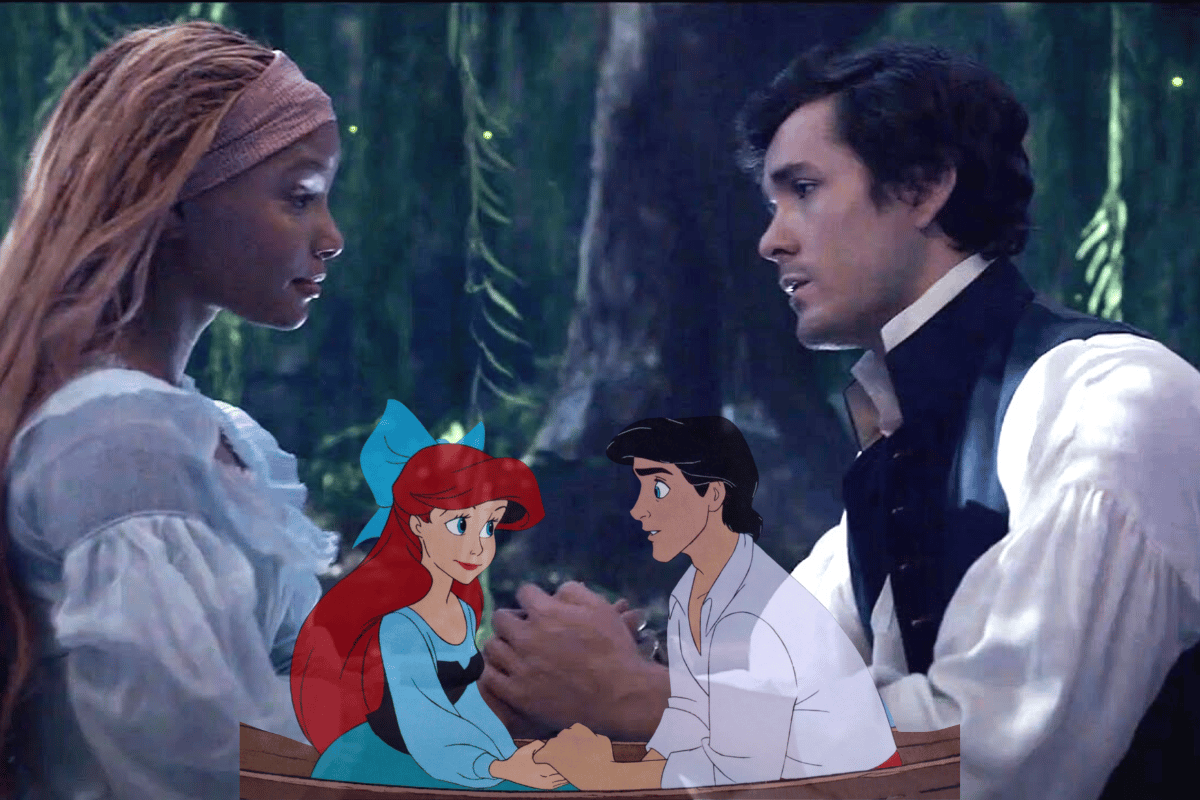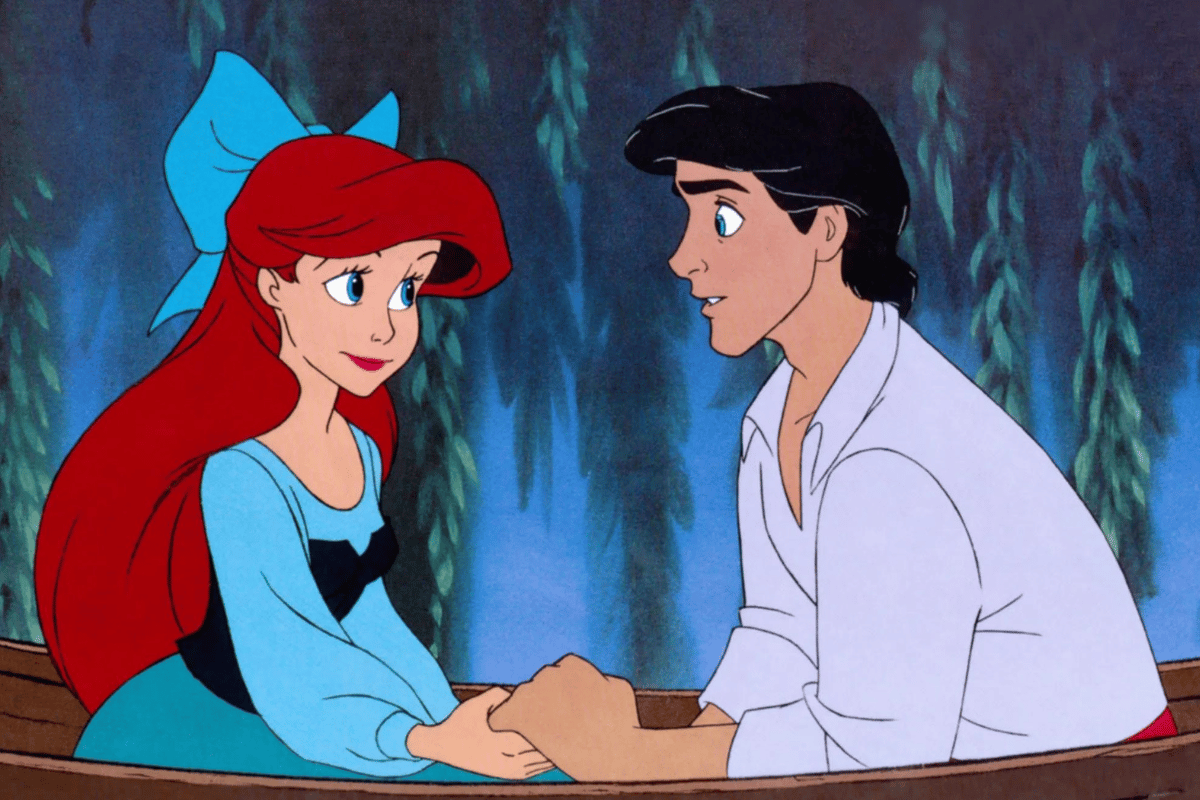
The Little Mermaid was a staple film in so many childhoods. But when looking back, some have uncovered the original storyline's 'problematic' moments. Now, with a live-action movie around the corner, there are set to be some changes.
The new film will star singer and Grownish actor Halle Bailey as the new Ariel, Awkwafina will play Scuttle the seagull, Jonah Hauer-King will be Prince Eric and Melissa McCarthy will play Ursula.
But ahead of its release, the new film's creators have made some major lyric changes.
"There are some lyric changes in 'Kiss the Girl' because people have gotten very sensitive about the idea that [Prince Eric] would, in any way, force himself on [Ariel]," the film's composer Alan Menken explained to Vanity Fair this week.
And it appears the same goes for the iconic 'Poor Unfortunate Souls' song too that Ursula sings.
"We have some revisions in 'Poor Unfortunate Souls' regarding lines that might make young girls somehow feel that they shouldn't speak out of turn," Menken confirmed. "Even though Ursula is clearly manipulating Ariel to give up her voice."
Watch the trailer for The Little Mermaid live-action movie. Post continues below.

Top Comments